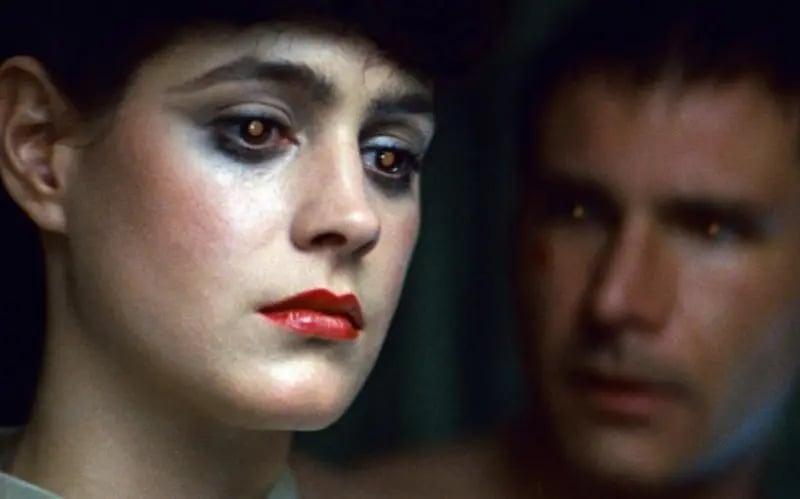Blade Runner: The Sci-Fi Classic That Still Makes Us Question Humanity
MOVIE REVIEW
RATING: 8.5/10
1 min read


Blade Runner has instantly become one of my top five sci-fi movies of all time. Watching it, it’s clear how groundbreaking and influential it has been for cyberpunk and dystopian storytelling. You can see its DNA in anime classics such as Akira, Ghost in the Shell, and virtually every cyberpunk film that followed.
What makes it so immersive is the deliberate pacing and Vangelis’ haunting score, which together create a hypnotic, almost dreamlike atmosphere. Ridley Scott’s world-building is masterful—he doesn’t just show you a futuristic city, he lets you live in it. The film gives you time to soak in its neon-drenched streets, polluted skies, and cultural melting pot, making the world feel lived-in and tangible.
Beyond the visuals, the story raises timeless questions: What does it mean to be human? Where is the ethical line between progress and exploitation? The replicants embody these dilemmas, blurring the line between man and machine. Harrison Ford’s subdued performance as Deckard might not rank among his most memorable roles, but that restraint feels intentional. It keeps alive the debate over whether Deckard himself is human or replicant, a mystery that still divides fans decades later.
If the film falters, it’s in the third act. Some character arcs and themes don’t get the closure they deserve, and the pacing shifts suddenly. Yet it’s also where the movie delivers its most iconic moment: Roy Batty’s final monologue. Rutger Hauer’s performance here is unforgettable—poetic, tragic, and deeply human.
Blade Runner isn’t built for instant thrills or mainstream appeal. It’s cerebral and contemplative, designed to linger in your mind long after it ends. For some, the pacing may be too slow, but for others, it’s precisely what allows the film to dig deeper. More than four decades later, it remains not just a landmark in sci-fi but a timeless meditation on what it truly means to be human.
